Hungarians expressed their opinion on Ukraine's accession to the EU with unprecedented participation rate: more than 2.2 million people voted in the Voks 2025 initiative, and 95 percent of them rejected Kyiv's accelerated admission to the European community. The final result ponts far beyond previous consultations, Erik Toth, research director at the Center for Fundamental Rights, told our newspaper.
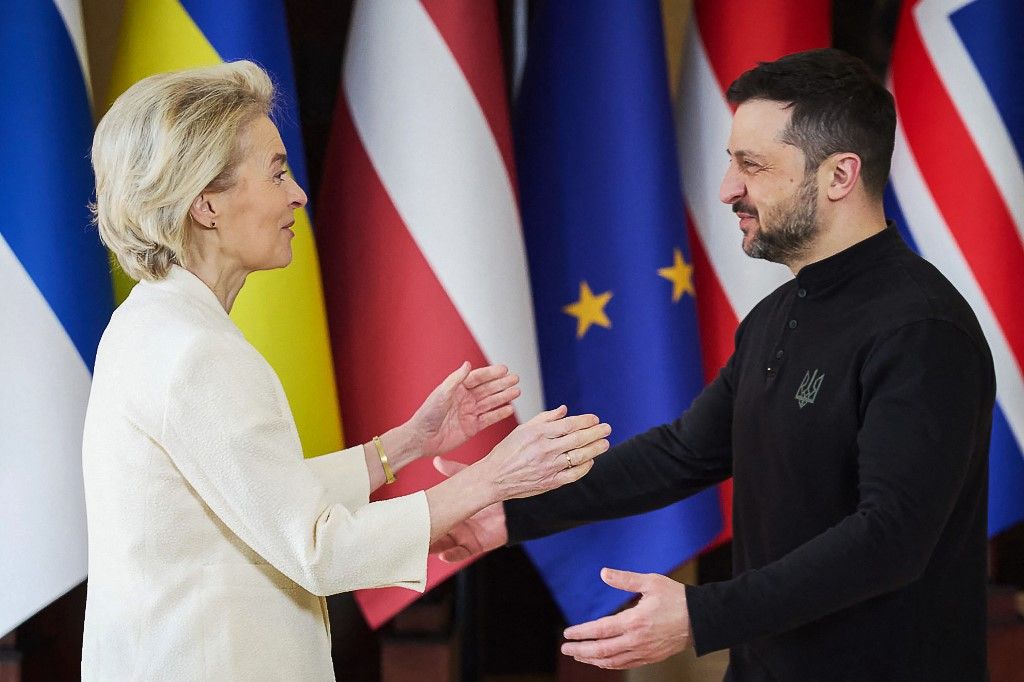
Erik Toth said the current expression of opinion is at least as significant in political terms as the national consultation launched during the 2015 migration crisis.
Just like during the migration crisis, Hungary has chosen a unique approach based on gauging public opinion to address the issue of Ukraine’s possible EU membership before 2030,
the researcher explained. Voks 2025 was an unprecedented success in many respects, he said, emphasizing that 2.285 million people took part in the vote, and 95 percent of valid votes were in agreement that the integration of our eastern neighbor is currently running against Hungary's national interests.
He recalled that this level of participation was last seen during the consultation on the so-called “Soros Plan.” More people submitted their votes this time, either online or by mail, than those who cast valid ballots for the five-party opposition alliance in the 2022 parliamentary election.
Erik Toth believes the turnout carries significance both domestically and internationally. "The Hungarian government is the only one that can present a mandate going beyond polling data—true voter authorization—on this issue," adding that public opinion signals a potential new point of national consensus.
From a foreign policy standpoint,
the vote is a strong response to Volodymyr Zelensky, who has made unfriendly statements toward Hungary.
At the same time, Toth believes this figure relays a clear message for the Hungarian political Left and for the operators of smear campaigns by the Tisza Party: twice as many people took part in what they considered a pointless vote as in the discredited Voice of the Nation initiative launched by the Tisza Party.
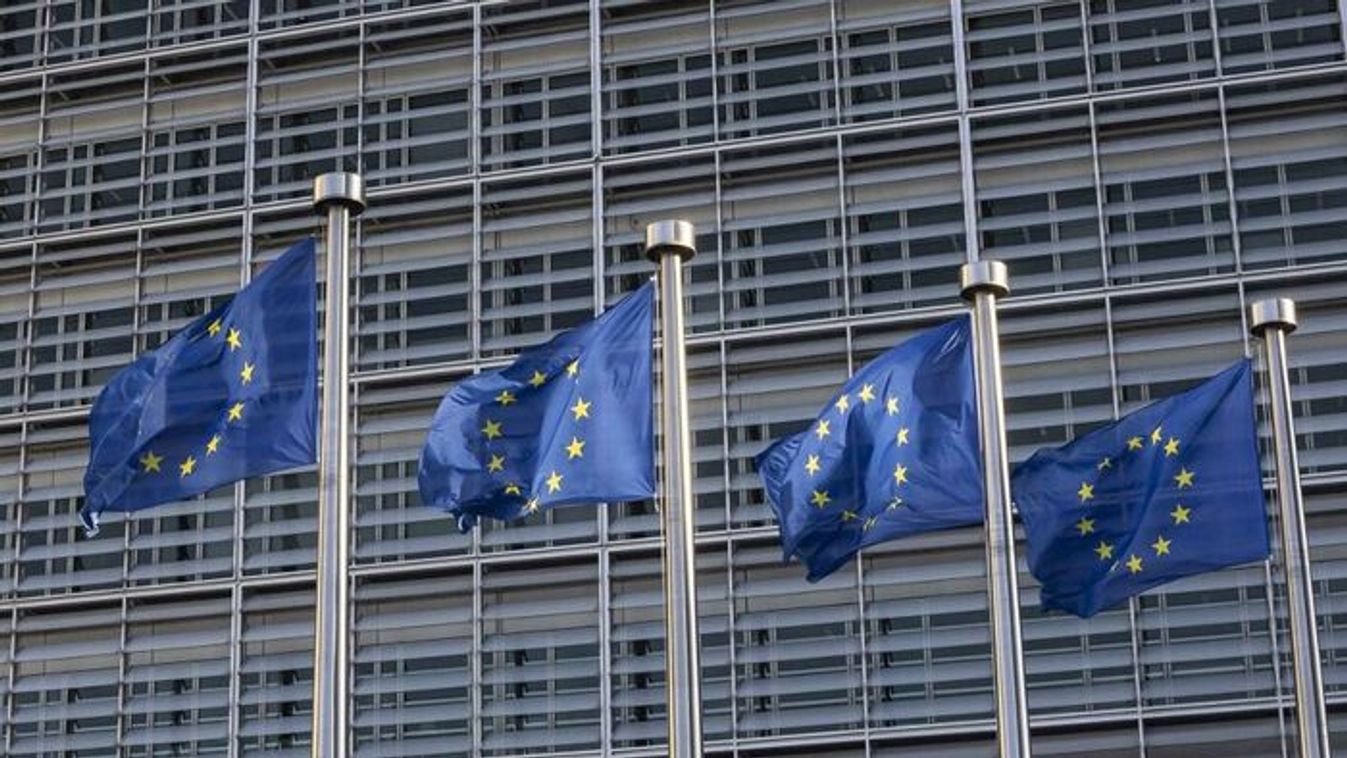
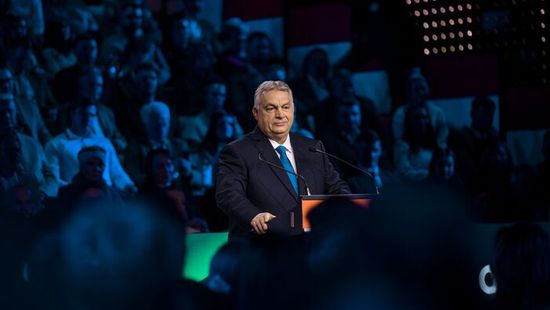
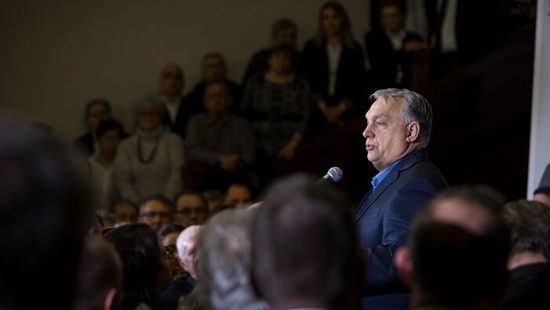
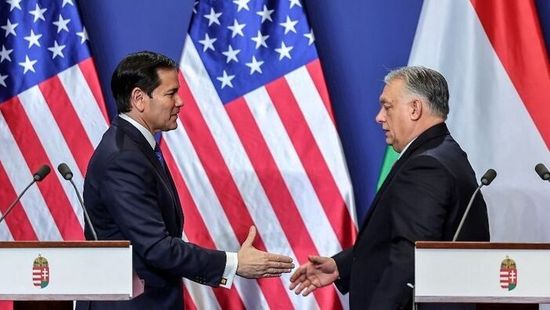



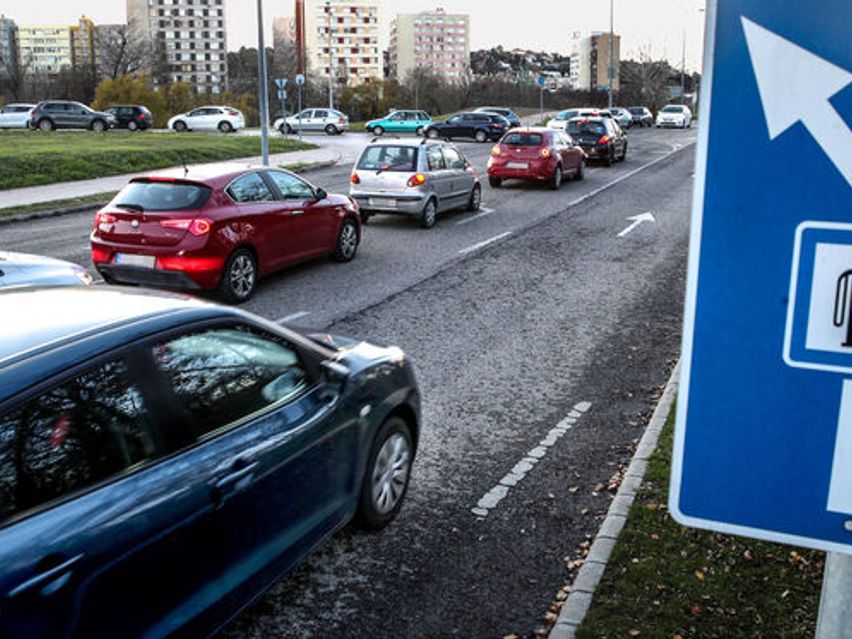
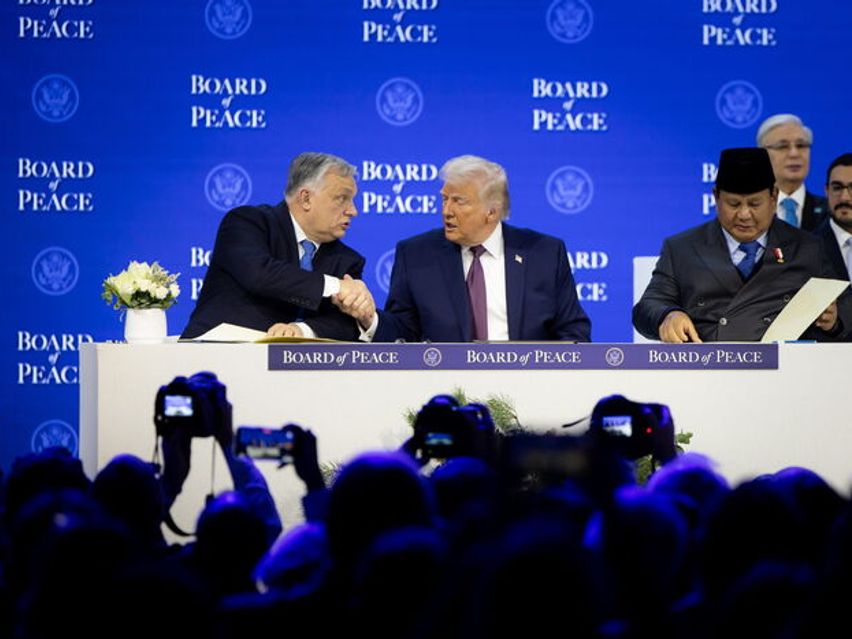


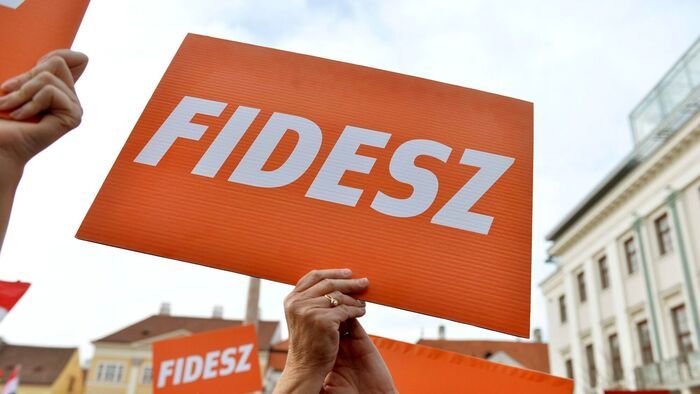



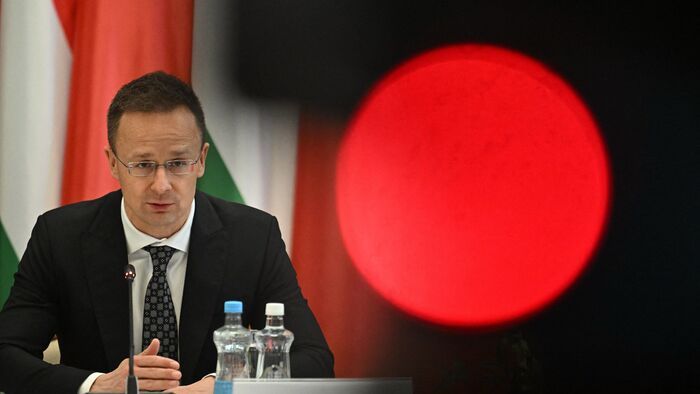
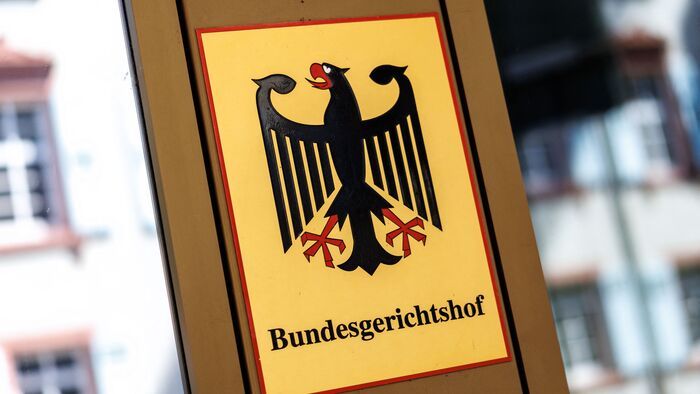
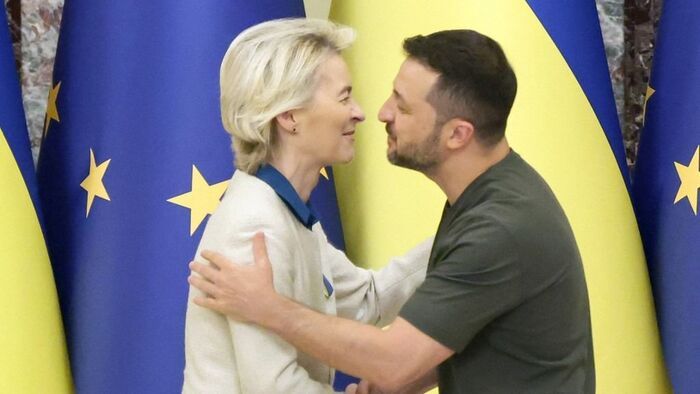


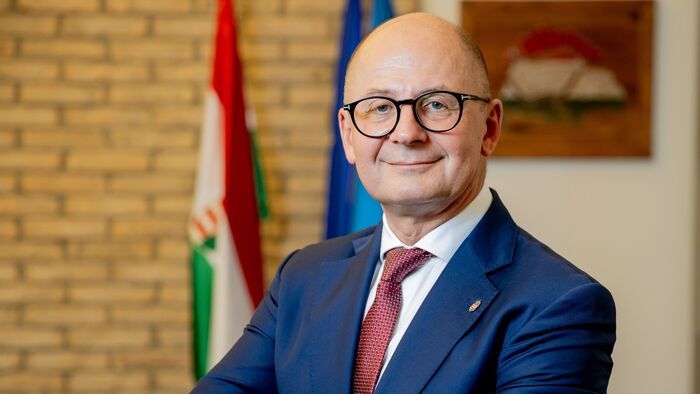


Szóljon hozzá!
Jelenleg csak a hozzászólások egy kis részét látja. Hozzászóláshoz és a további kommentek megtekintéséhez lépjen be, vagy regisztráljon!